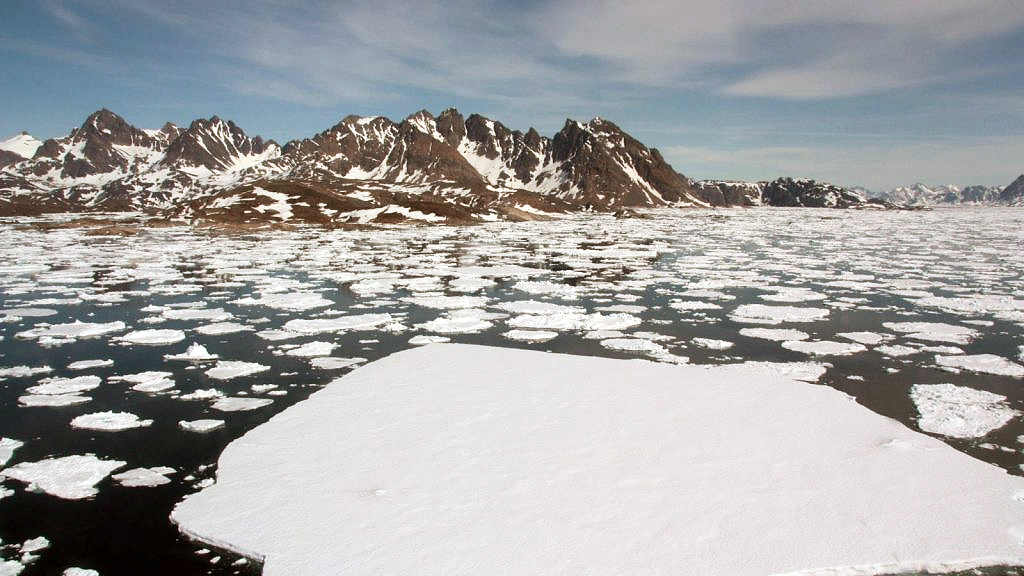Greta Thunberg’s Eye Opening Climate Crisis Speech
Once in a generation comes a leader like no other
When it comes to the global threat to the earth’s ecosystems and its inhabitants, including humans, today’s Climate Crisis can no longer be denied or ignored. No one makes the case better for global and immediate action than Greta Thunberg.
Greta Thunberg (16 years old) sailed to New York in her father’s emissions-free sail boat to give her Climate speech before the UN, September 2019. She was widely quoted and highly edited in the media, and her short message to the entire UN assembly was, in a word, powerful.
But it was Greta’s previous presentation at R20 World Summit earlier the same year that told of a more complex and complete truth-telling of today’s Climate Crisis. In clear-eyed and nonsense way, Greta left global leaders standing on their feet applauding. As time runs out — her message to world leaders is clear enough, pick your Climate action priorities, but act now!

 The air in the north wants to flow to the south, where the layer of air is hotter and thicker (hot air expands). The now-warmer Arctic makes it so there’s less of a pressure difference, so what once was a mountain in the sky becomes a gentle hill. Like a river moving down a soft incline, the jet stream moves more slowly and more erratically.
The air in the north wants to flow to the south, where the layer of air is hotter and thicker (hot air expands). The now-warmer Arctic makes it so there’s less of a pressure difference, so what once was a mountain in the sky becomes a gentle hill. Like a river moving down a soft incline, the jet stream moves more slowly and more erratically.